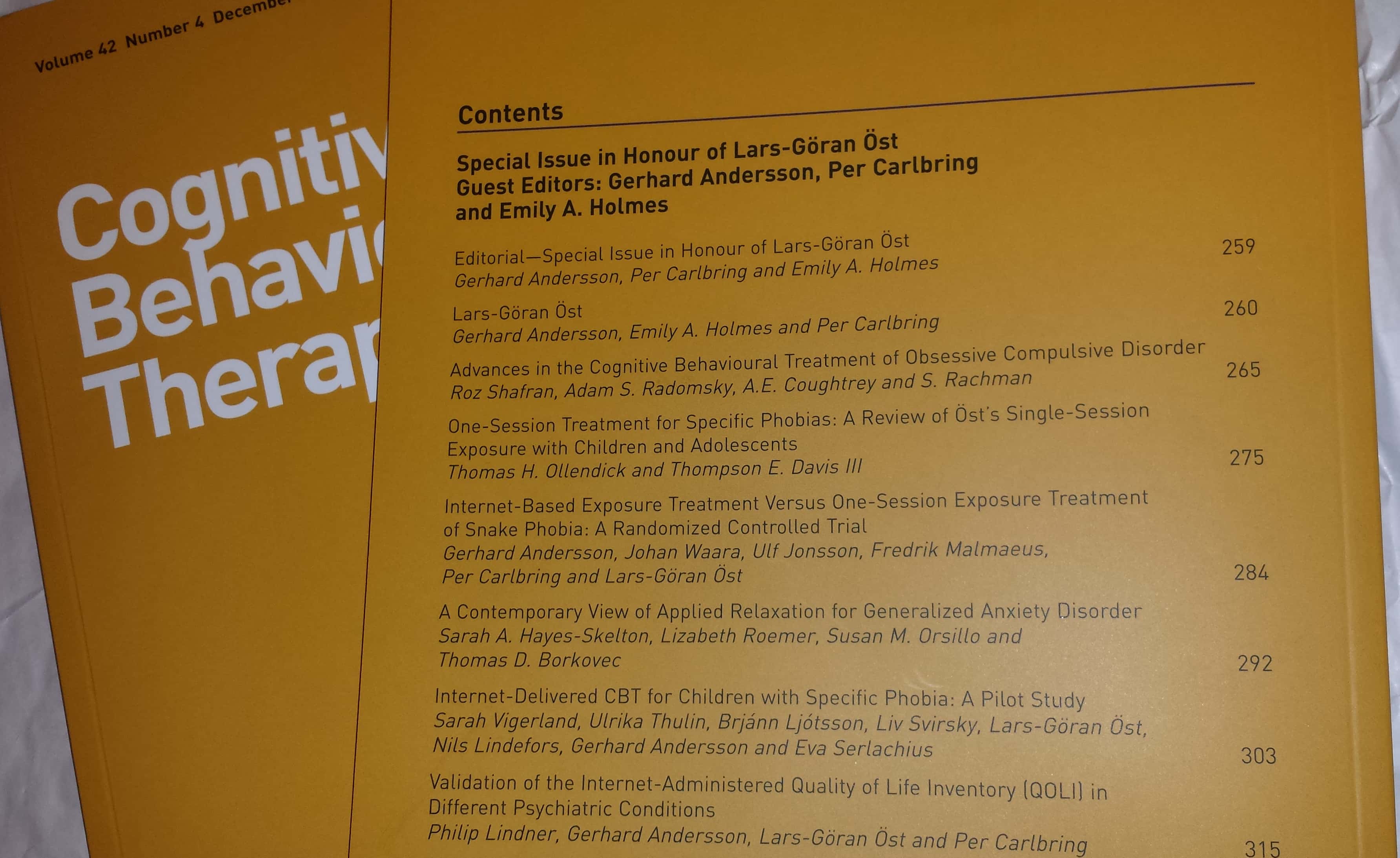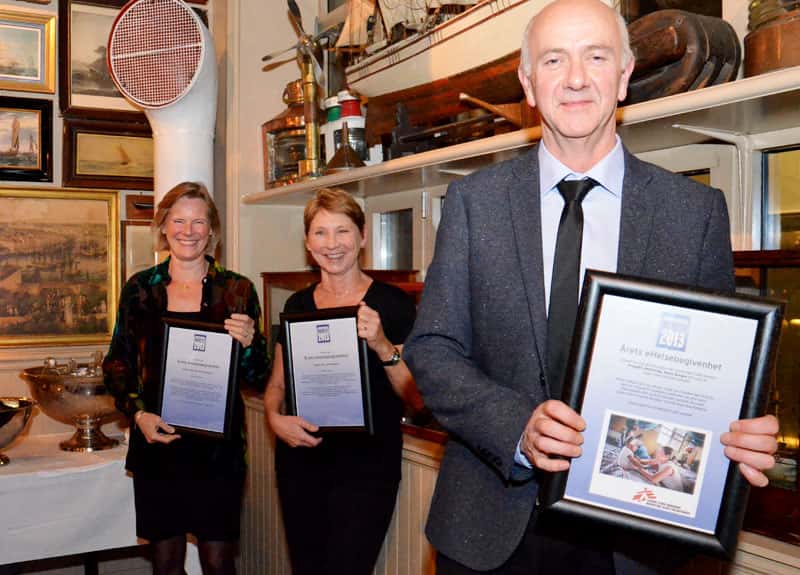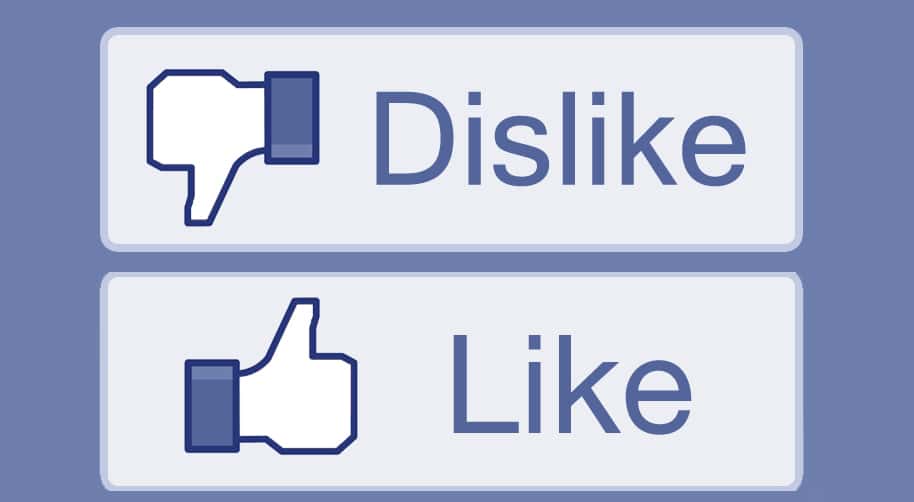Quality of Life Inventory in Different Psychiatric Conditions
Today a new paper was published in Cognitive Behaviour Therapy about the Quality of Life Inventory (QOLI). QOLI is an established rating scale of self-perceived quality of life across 16 domains. Norms for different psychiatric conditions when rated via the Internet, responsiveness to change following treatment, and the clinical impact of importance-weighting items have yet … Läs mer!









